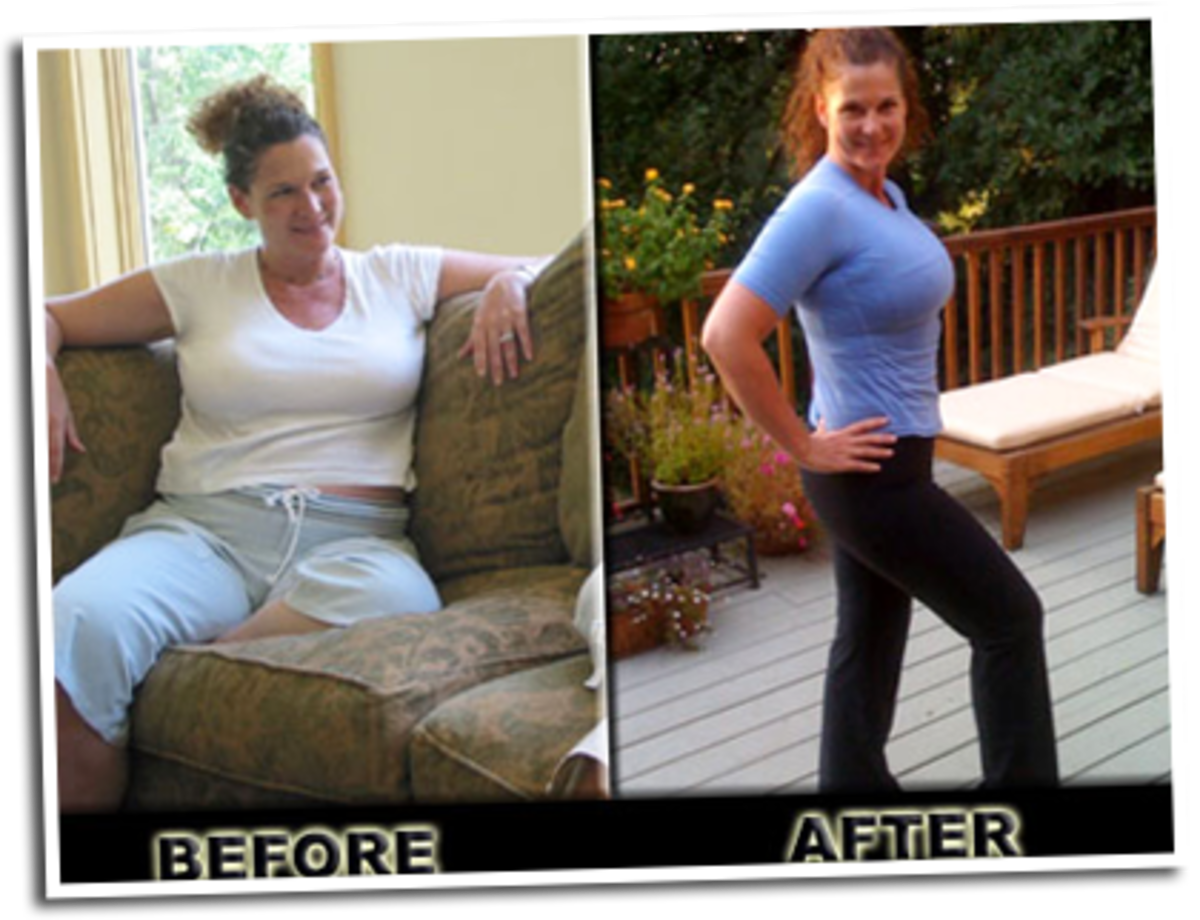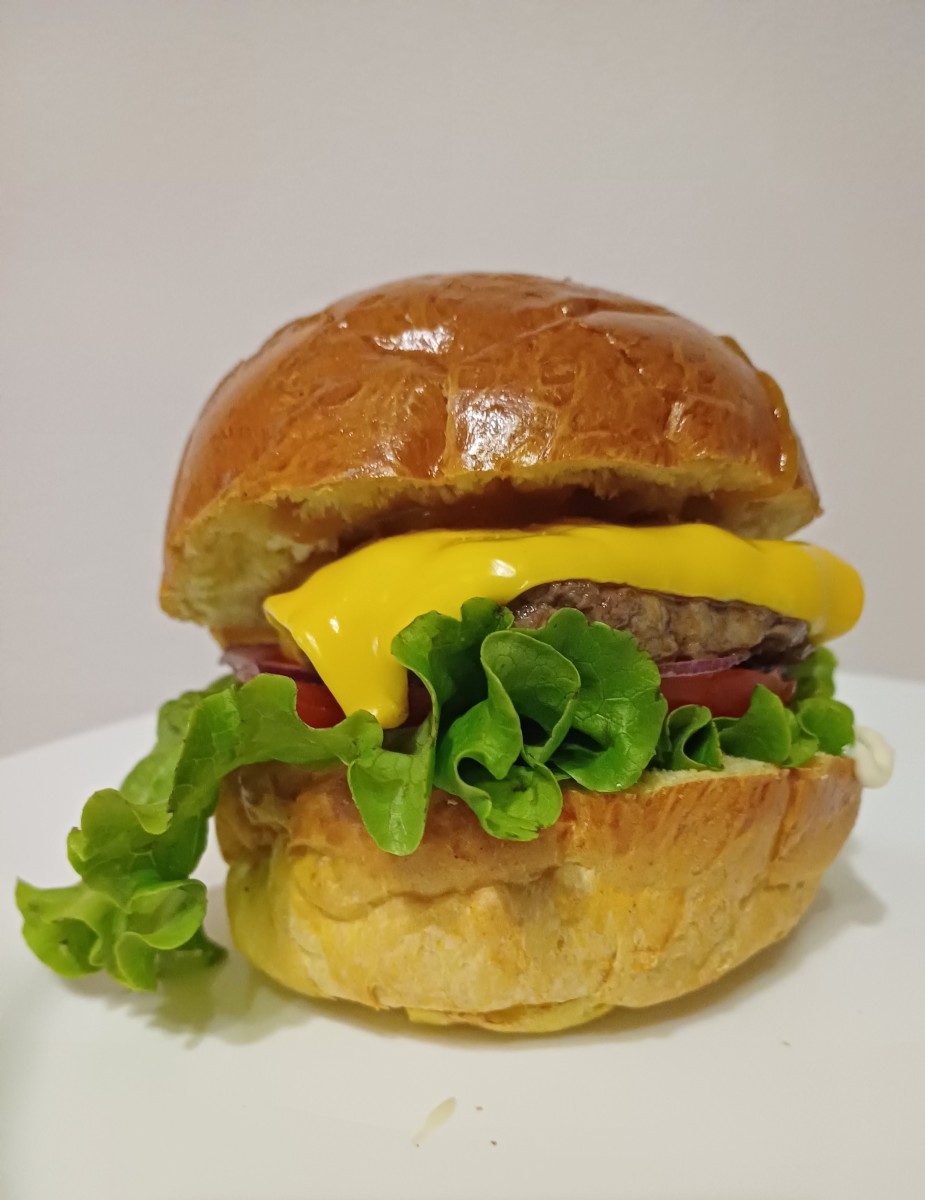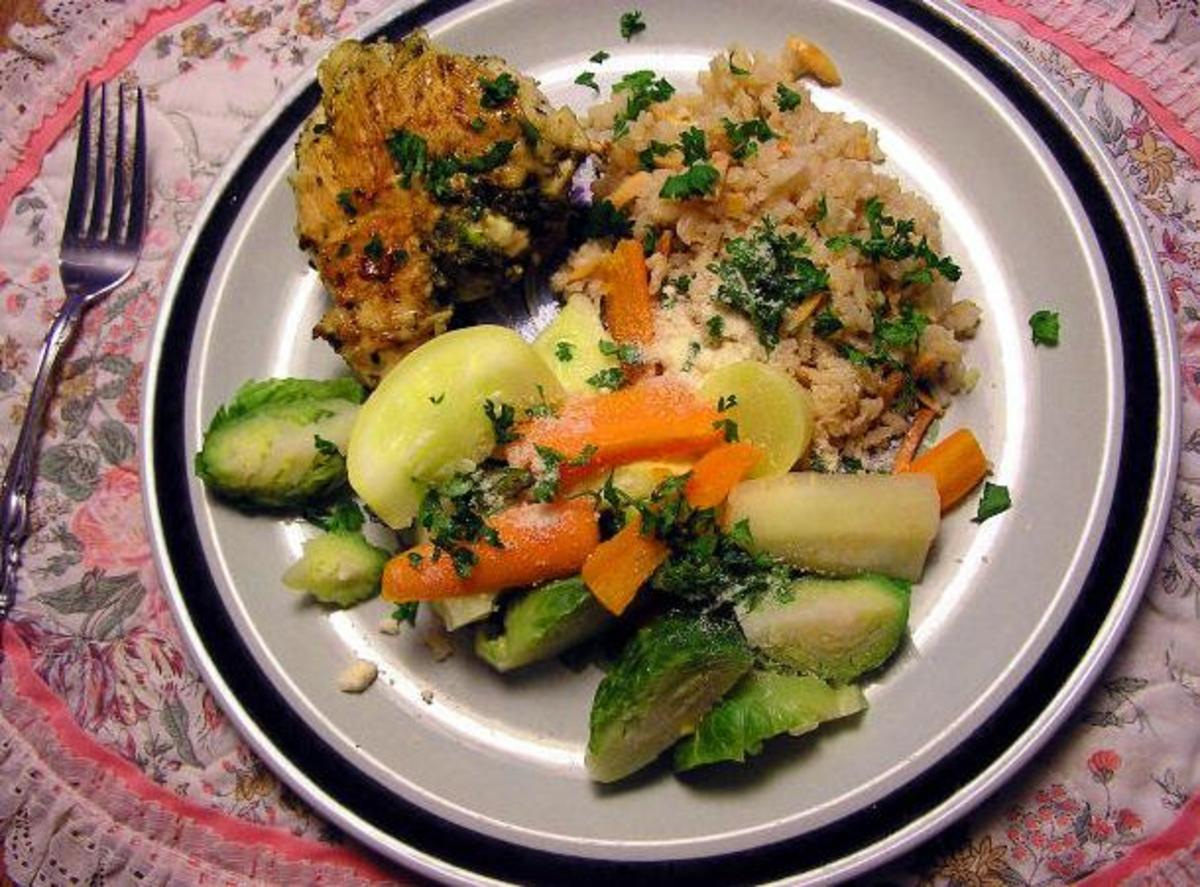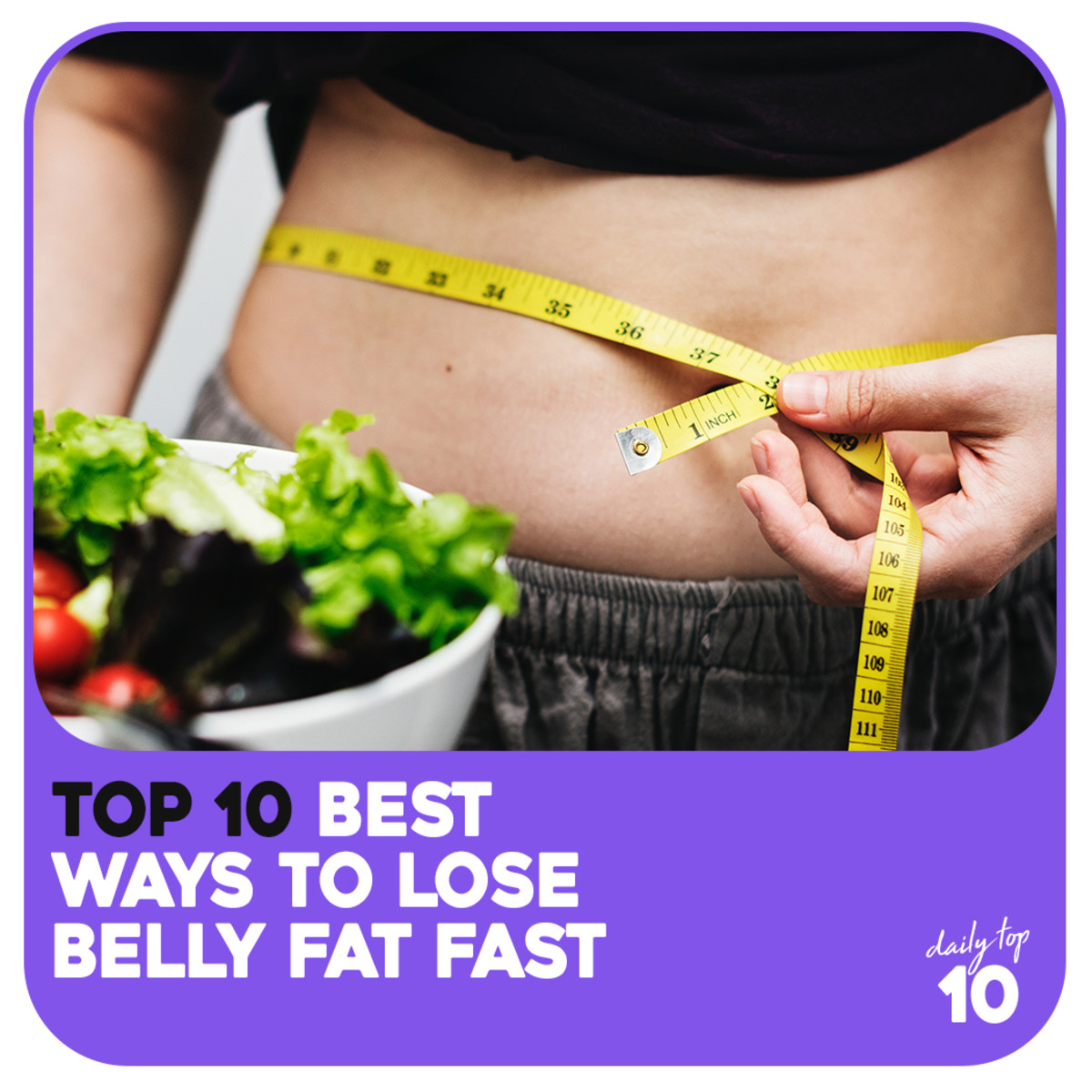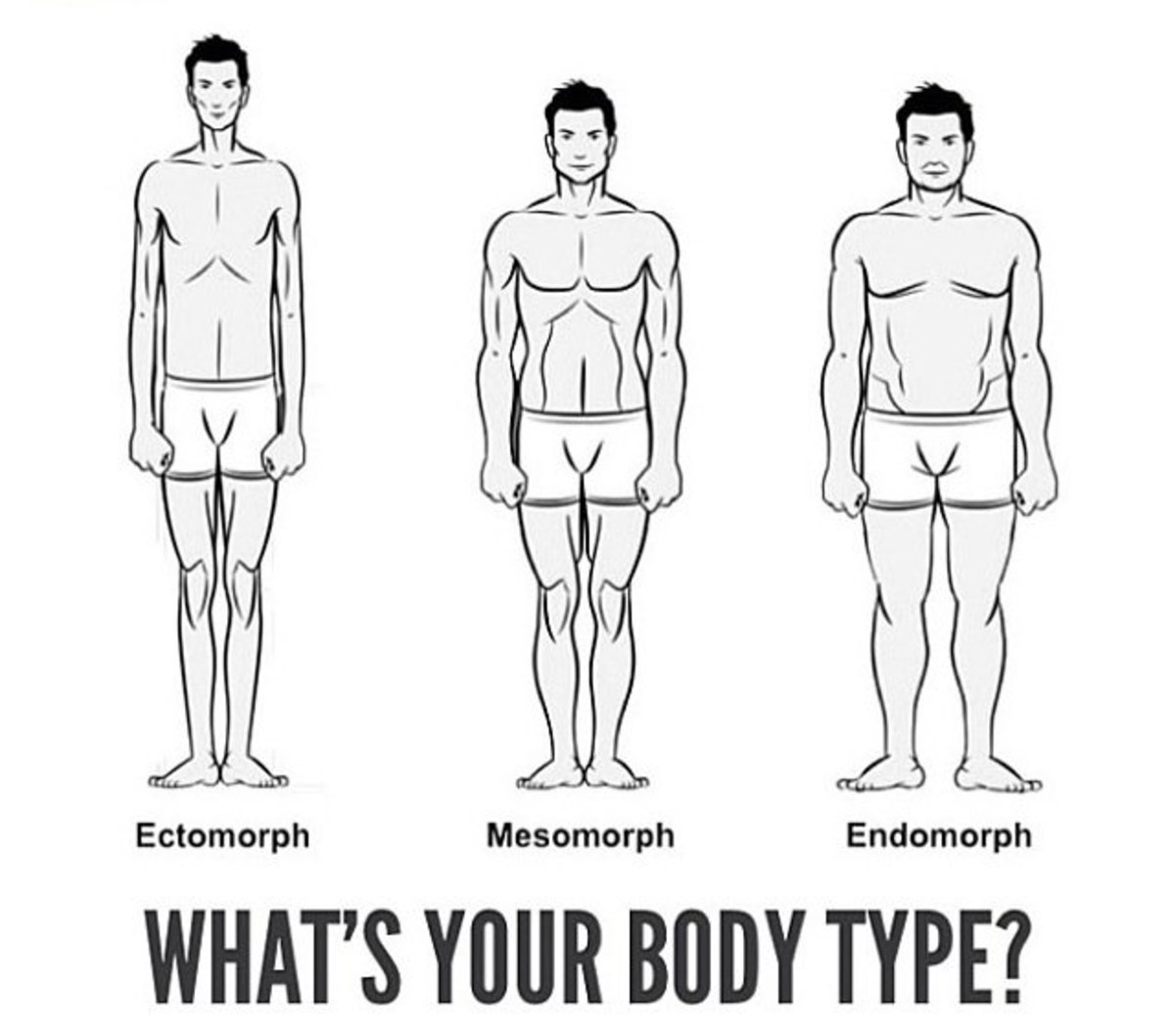Which diet is better to become younger: Atkins versus Paleo
Which diet is better to become younger: Atkins versus Paleo
What does diet actually mean?
We have to get one detail out of the way from the start: the meaning of the word “diet”. You and I are the sort of people who see the word diet and think temporary change in what we eat to lose weight. We restrict our calorie intake in one way or another and we shed weight and feel great. Then, we return to the diet we had before. Whilst on the diet we felt younger, more vibrant, full of energy and the bags that aged our faces lift. And then, they return, along with fatigue and mood swings – because the foods that were causing these return to our plate.
The boom and bust cycle of dieting is the cause of this pattern. We all know that a fad diet, every now and then, will not bring a revolution to how we feel but the small kid that sits at the back of our head hates being told that they are not allowed to eat something.
So, the first hurdle you had I have to overcome when we see the word diet is to change its meaning. Diet does not mean a temporary restriction of calorie intake for weight-loss. Diet means the food we eat all of the time: to take part in a diet should mean a complete change in lifestyle.
Both Paleo and Atkins have supporters and detractors. However, the experts all agree on one thing – these diets require a lifetime commitment if you really want to feel younger.
What is the Atkins Diet?
Dr Robert Atkins created this diet over 30 years ago. It is the theory that a low carbohydrate diet can control insulin and cause a process called ketosis, which is essentially when the body burns stored body fat rather than the glucose in foods. This triggers a metabolic change, meaning the body becomes better at processing foods and therefore becomes leaner and healthier.
This is a diet in four phases.
- Phase one: you only eat 20 grams of carbohydrates a day (a new version suggest 40 grams at first – commonly these diets are known as Atkins 20 or Atkins 40.) Most of these carbs come from vegetables that are low in starch.
- Phase two: this is known as OWL or ongoing weight loss. You eat nutrient and fibre dense foods with only 25 grams of carbs.
- Phase three: here you enter the pre-maintenance stage. You increase carbs by 10 grams a day. This is a slow reintegration of carbs to your diet. You still lose weight in this phase but only gradually.
- Phase four: maintenance stage. Here the idea is that you have reached your ideal weight and you are now working to maintain this and the health benefits of the Atkins approach. This requires you to reintroduce moderate amounts of carbs back into your diet. However, you need to monitor your sense of wellbeing and your weight. If either of these fluctuate then you are encouraged to go back to an earlier phase.
The four principals that Dr Atkins worked from, when designing his diet, are:
- You will lose weight
- You will maintain weight loss
- You will achieve good health
- You will lay the groundwork for disease prevention.
Essentially the diet claims you can eat meat, poultry, seafood, eggs, butter, oils and cheese but you shouldn’t eat bread, pasta, potatoes, chips, cookies or carbs. You should get carbohydrates from vegetables at first and then reintroduce beans, fruits and whole grains in the later phases of the diet. Although there is no calorie counting and no meetings, the change away from white flour, sugars and processed food in general can increase the food shopping bill.
It is estimated that 10% of Americans at any one time are following the Atkins approach to nutrition.
What are the pros and cons of the Atkins Diet?
Yes, Atkins will make you younger…
If we are working from the assumption that by younger we mean more energetic, improved health and a healthy mind: then the Atkins diet does claim to be the elixir of youth. Dr Atkin himself wrote in one of his books that “this lifestyle is the foundation for a lifetime of better health.” Researchers at Stanford University claim that those following the Atkin diet had the best blood pressure levels, better cholesterol and lost the most weight.
There are other medical claims attributed to the Atkins approach to nutrition. More than 30 studies from 2004 and 2014 support the use of a modified ketosis based diet in reducing the symptom of seizure disorders, including epilepsy. Dr Eric Kossoff from John Hopkins wrote a book supporting the diet plan as a treatment for these disorders. It is also claimed that the Atkin diet reduces acid reflux, as this is mostly attributed to the intake of caffeine and processed sugars. Our skin is also said to improve, relieving conditions such as acne. Migraines and headaches, possibly a result of glucose/ inulin spikes, are reduced. Furthermore 21 studies between 2002 and 2014 revealed a decrease in heart disease and the contributory factors in hypertension and stroke.
A high calorie diet has also been linked to cognitive impairment. Therefore, the reduction in calories in the Atkin diet, mostly a result of taking out processed sugars, means that your mind will stay younger longer, or so the scientists claim. Chances of Alzheimers and dementia are said to be much higher in those with a high carb diet.Add to these magnificent list of health benefits, with the reduction in obesity it is felt that your risk of cancer shrink too.
Mm, maybe not so much…
Yet, here we hit a sticking point. Whilst 10% of Americans are said to follow the Atkins diet the rates of obesity in rise at increasingly alarming rate. So the idea that the diet plan is helping America fight off the threat of cancer and its ageing effects is open to question.
Some heart charities have also shown concern about a diet that asks you to miss out major food groups. When you miss out these food groups you miss out major vitamins and minerals that our body needs to be healthy. The heart charities also worry about the encouragement to eat as much saturated fat as you like. It has long been felt in research that saturated fats are a major cause of heart disease.
There may be other health problems related to starting such an extreme regime from the get go. If you suddenly reduce your carb intake to 20 grams after a lifestyle of mostly carb then you will start to feel nausea, headaches, dizziness and faintness when you start this diet. These effects will not last forever but when you are already having to put in a major effort to stick with the strict regime that the diet entails, this might be one step too far for most people.
And then there is the bad breath that accompanies ketosis, the process where your body starts burning fat stores.
Yet, of all the reasons why the Atkins Diet might not be the elixir of youth we hope is the major effort it takes to follow the plan. This is an extreme change in lifestyle. Everything in the literature suggests that the plan that most reflects the lifestyle you have now will be the most successful. Small evolutions of lifestyle rather than a revolution is likely to work to make us feel healthier, more energetic and less fatigued: in short, feeling younger.
The fact that America is getting fatter even though 10% of us claim to be following Atkins suggests that we may not being following it properly. Out little rebellious kid in the corner of our mind is clearly playing tricks on us – you know the voice – go on – one pizza won’t be too much of a problem – one a week is better than everyday – or maybe I can have fries with this order just this once…
In short, if you stick with it, Atkins does seem to be effective… if you stick with it!
What is the Paleo Diet?
Paleo is also known as the caveman diet. It is based on the principal that we should only eat foods that were available to the caveman. So, off you go – hunter gatherer – claim your mammoth and your nuts and berries – forgo your processed food and your grains – you must only eat that which man knew how to produce back in the day. This, like the Atkins Diet, is a lifestyle change rather than a weight loss diet. If you want to be younger with the earliest man you need to commit to living like him all of the time. This does not require you to find a cave and hit your wife over the head with a club – we don’t have to take it that far – hunting “wild” cows in your local farmer’s field is also frowned upon.
In all seriousness, the diet is based on the foods that were available to hunter gatherers, therefore meats, poultry, fish, vegetables, fruits and nuts. The proponents of the diet, such as Rob Woolff and Dr Cordain from Colorado State University, claim that diet is healthiest way to eat because it works with your genetics and therefore helps you to stay lean, feel stronger and more energetic ergo younger.
The theory arose out the realisation that modern diet is full of refined foods, trans fats, sugars – all of which are the root cause of degenerative diseases. Therefore, by cutting these foods out of our diet we reduce the risk of ill health and promote energy and rigor. The lean proteins from wild animals in particular, in other words those that naturally graze rather than those fed on grain, is said to make strong muscles and bones and are optimal for immune function.
The diet asks you to:
- Eat a good amount of animal protein, especially free range and wild animals
- Eat a lot of fresh vegetables or frozen vegetables, where the nutrients are stored better to have the benefit. Sweet potato and yams are particularly beneficial and they contain non toxic carbs.
- Eat a low to moderated amounts of fruit and nuts
- Do not eat cereal grains and legumes – such as flour and lentils
- Do not eat vegetable oils, hydrogenated, partly hydrogenated oils
- Eliminate added sugar – if a food comes in a box or carton you can be fairly certain sugar has been added
- Do not eat dairy
- Only eat when you are hungry
Proponents of the diet also encourage you to sleep well, reduce stress, exercise moderately, get out and play in the sun like our forefathers and take a vitamin D supplement.
What are the pros and cons of the Paleo Diet?
Yes, Paleo all the way….
The paleo diet was the most searched for diet plan in 2014 and has been the go to diet for many celebrities, particularly female celebrities. Cutting out processed foods high in sugars will help you to lose weight. With weight loss comes a decrease in chances of illnesses such as cancer and heart disease. It is also though that this moderated diet will improve the resilience of our minds – reducing the risk of Parkinson’s and Alzheimer’s.
It is also easy to see why eliminating food with industrial practices will improve our health. The more natural the material the less likely we are to inadvertently take in toxic chemicals. Also, if you follow the advice to sleep well, reduce stress, exercise and get out in the sun: you are going to feel happier and healthier – but you would if you were eating somewhere close to your normal diet too. This is just an excellent recipe for a healthy life in the modern age – unfortunately the boss, the weather and the traffic jams don’t always help us to comply.
Cutting out grains, and so cutting out gluton, can have a major impact on a large number of people’s health. It is felt that at least 40% of the population are intolerant to gluton and cases of stomach upset, general fatigue and headaches can be solved as part of the paleo diet just because you do not eat grains mass produced using farming techniques. Furthermore, people report losing cravings for starch and sugars and having more energy, though these claims are largely anecdotal.
But, maybe not so much…
The paleo diet is relatively new to the arena of diet plans, so large scale studies are non-existent. As with Atkins when it came onto the scene, Paleo has been described by some experts as a dangerous fad. The issue comes from cutting out large food groups such as dairy and whole grains, which are essential for our intake of fibre, calcium and energy sources. Furthermore, over consumption of red meat has been linked to increases in bowel cancer.
Some experts are clear to point out that the paleo human barely lived into their forties. Although there is evidence when looking at remains of a much healthier human, it might be because they were still relatively young. Added to this, our lifestyle is much more sedentary than paleo people, therefore we are much more likely to suffer ill health due to lack of regular exercise. The idea that over 10000 years our body has not evolved to need different food does seem unrealistic. But, again, the scientific evidence is scant one way or another.
The biggest hurdle is how restrictive it is. You are asked to restrict your intake of some pretty attractive food types. Lapses are encouraged by those who stand by the diet plan, though I am not sure they mean lapse every day. Therefore, as with most things that bring about dramatic results, you are going to have to put in a sizeable chunk of effort to feel the youth fulfilling promises.
Head to Head: what does this mean?
If you put Atkins and Paleo head to head in a battle over youth-fulfilling promise – you would have to say there is a lot more evidence to support Atkins over Paleo – but this might just be a matter of time spent in the spotlight. In reality, there is little difference between the philosophies, just some minor differences in the make-up of the food groups taken in. Both diets ask us to cut out processed foods and eat more naturally. Both diets recognise the dangers of sugar in our diet that has caused the up surge in obesity.
However, both plans are also difficult to follow. Both expect you to pay for the youth you want with foods you love to eat. Neither one promises to work in the long term if you don’t commit to a lifetime change. Added to this, experts in both plans note that you need to exercise regularly and sleep well to feel the effects on the plan. In truth, both are merely different approaches to the same concept: eat as much as you like of natural, unprocessed foods that are good for you. I’m sure your mother told you this when you were but a small child in arms.

